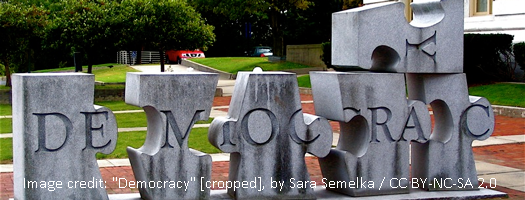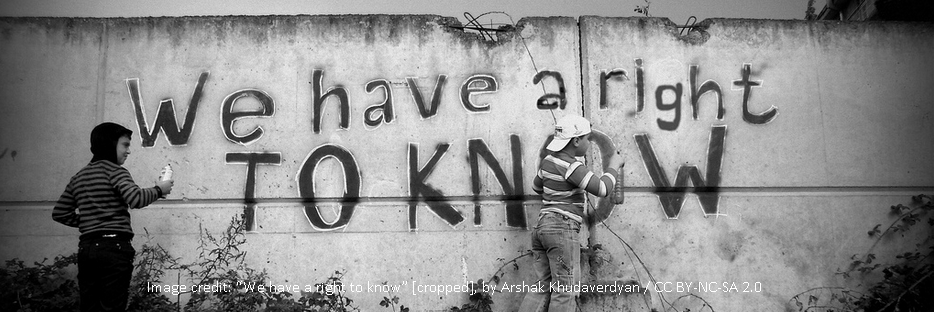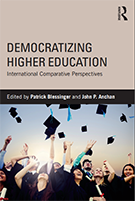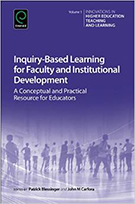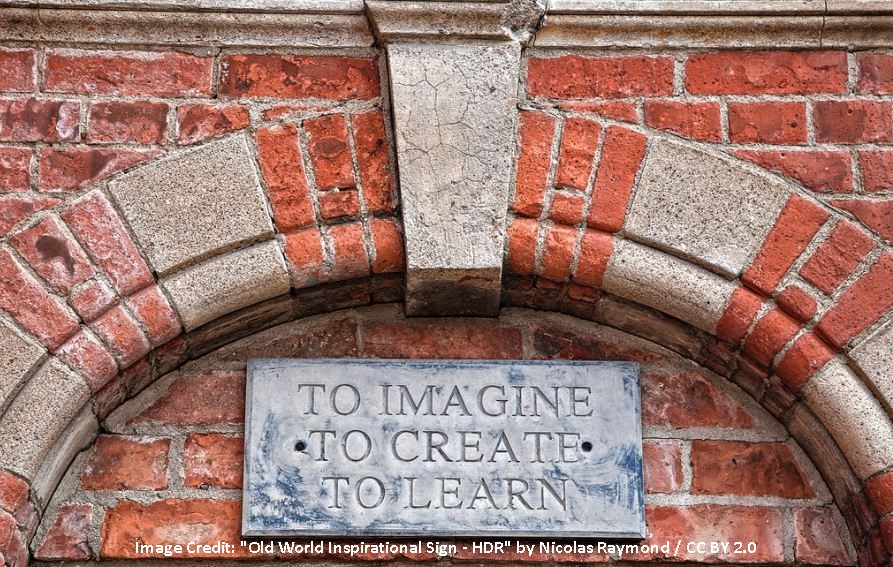The world needs more international higher education
The world needs more international higher education Patrick Blessinger St. John's University (NYC) and International HETL Association Internationalisation is the adaptive strategic response of an institution or nation to the forces of globalisation, which itself is a process of increasing interdependence and interconnectedness between countries. No country or sector or institution is immune from the process of globalisation, including higher education. More internationalisation naturally leads to more globalisation, thus creating a virtuous cycle, which helps explain the increasing pace of change of the two phenomena. Internationalisation involves both push and pull factors and, as such, it is both a planned response and a reactive process by institutions (ie, both a cause and effect). Internationalisation can also be viewed as the integration of globalisation into the tripartite mission – teaching, research, service – of the university. This response is operationalised through an institution’s formal internationalisation strategy – an institutional plan with specific [...]


